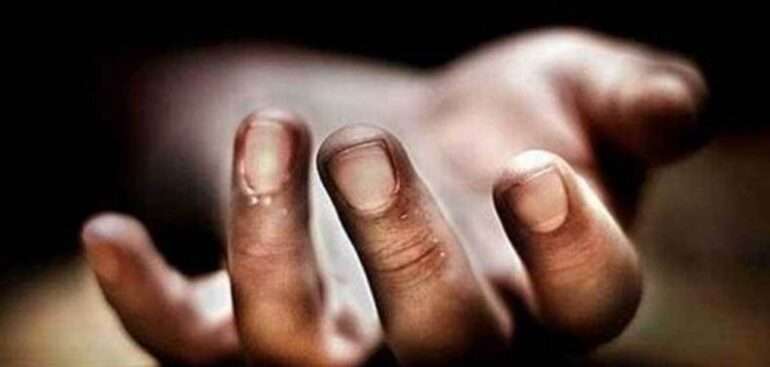On the morning of July 23, a home in Quetta’s Kechi Baig turned into a scene of unbearable grief. A father raised a gun—not in defence, not in fear—but in the cold assertion of ‘honor’. He shot dead his daughter and nephew as they sat within the sanctuary of their maternal uncle’s home. The echo of gunfire was followed by a haunting silence that no justice can fully heal.
The victims, young and full of life, were there simply to visit family. But their presence, their bond, perhaps even a rumor, was deemed enough to end their lives. When police reached the scene, the two had already breathed their last. The father—now a fugitive—had vanished, leaving behind shattered bodies and an even more broken family.
The First Information Report remains pending. No names, no answers. Only devastation and questions that will haunt the mother who now grieves both a child and a nephew.
According to Shalkot SDPO Athar Rashid, both victims succumbed to gunshot wounds. Raids are underway to capture the man responsible, but even justice—if it comes—will arrive far too late to mend what has already been destroyed.
This is not an isolated tragedy. Just two days prior, a tribal jirga ordered the public execution of a man and a woman in Quetta’s Degari area. Fourteen arrests followed only after a gut-wrenching video of the killing surfaced online, prompting nationwide outrage. But why must bloodshed be filmed before it is condemned?
In response, the Balochistan Assembly passed a resolution denouncing honor killings, calling them unlawful and inhumane, and demanding the dismantling of parallel justice systems. But resolutions cannot replace lives, nor can they erase centuries of patriarchy disguised as tradition.
These killings are not crimes of passion—they are executions staged on the altar of pride and control. Behind the word ‘honor’ lies fear: fear of female autonomy, of defiance, of love that refuses to ask permission.
According to the Human Rights Commission of Pakistan, at least 346 people were murdered in the name of honor in 2024. Another independent study recorded 547 cases in the same year, with only one conviction in Balochistan. One. The rest remain buried under silence, shame, and the weight of communal complicity.
What honor can be salvaged from a daughter’s corpse?
What culture survives when its men become executioners of their blood?
Until the state stops tolerating this form of domestic terrorism—until communities protect the living, not the honor of the dead—our daughters and sons will continue to fall to a violence more ancient than law: the violence of misplaced pride.
This isn’t just about murder. It is about the soul of a society that must choose between tradition and humanity.
